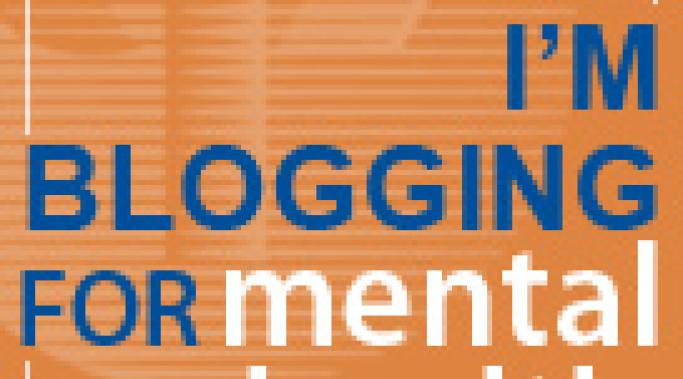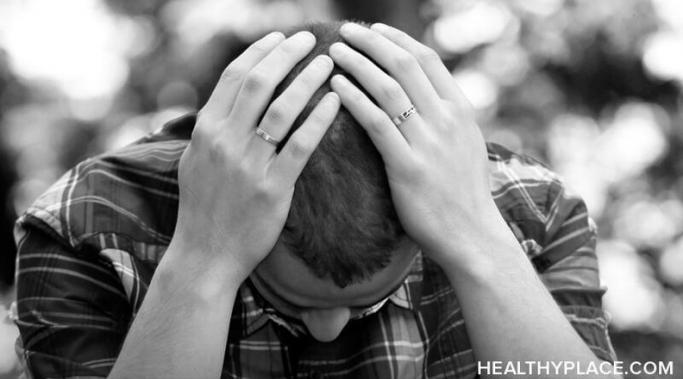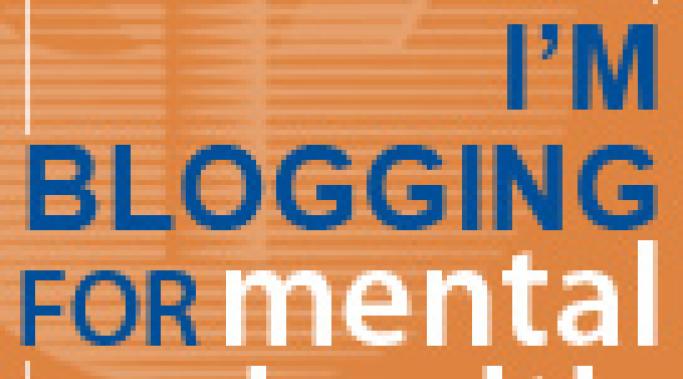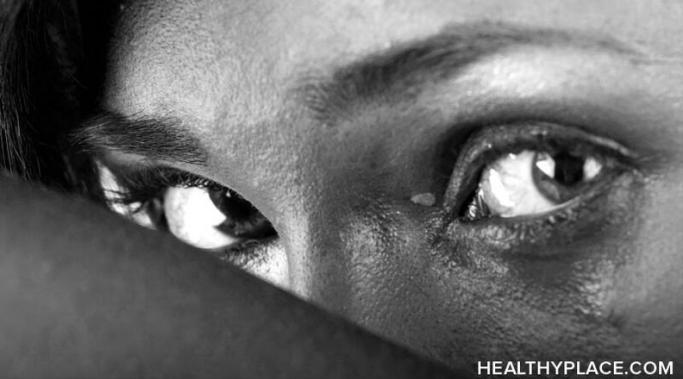Blogs
Earlier this week, I write a post Mental Illness Recovery: Will I Stay Well? Following the post, I started thinking. I asked myself that very question: Will I stay well? The answer? No, not forever. Forever would be nice. I then wondered how I could become comfortable with this.
Is that possible?
Nikky suffers from verbal abuse. Her husband terrorizes her and their children with volatile language and sometimes backs it up with physical violence. She cringes when he goes off and I imagine her sitting in a tiny ball, trying to protect herself as well as she can from the fitful blows that may rain down at any second.
Perhaps a part of her wishes that he would just go ahead and do it. If he hits her and uses up all that hateful energy, then perhaps she could heal in peace. She does not say this, but many other abused women I've spoken to do.
Anorexia is not a choice.
Anorexia is not a lifestyle.
Anorexia is not about vanity. Or being thin. Or seeking attention. Or...
Anorexia is a serious, potentially life-threatening mental illness that effects millions of people—women and men, young and old, rich and poor, black or white.
Anorexia could strike your loved one. Or your mother. Your girlfriend.
Or you.
Though this blog has focused primarily on my issues with reality, depression lives behind my schizoaffective disorder. I currently struggle with depression the most. Even on antidepressants, I still suffer from severe bouts of depression which disrupt my social life and work.
Getting a diagnosis of schizophrenia, or any mental illness, after years of confusion, judgment and blame is both devastating - and a relief.
For Mental Health Awareness Day, here's how it felt for our family. Watch.
One day I was in a pub eavesdropping on the girls deep in conversation next to me. They were chatting about bisexuals. They were commenting that they would never date a bisexual as really bisexuals were heterosexual that were just playing around with homosexuality and eventually they would “turn back” into heterosexuals.
Well, I, being bisexual was a little insulted by this. I have not “turned” into anything. I simply am bisexual like they are simply gay.
I realized though that it was lucky for me that I heard these girls talking because I could cross them off my list as I have no desire to date sanctimonious, self-righteous, ignorant women.
And I also realized this: it’s their loss.
I’m great.
I only lost sanctimonious, self-righteous, ignorant women while they lost me.
And the same is true of mental illness. When someone rejects you simply because of a medical illness that you didn’t ask for and over which you have no control, you are only losing someone ignorant while they are losing the amazing person that is you.
How self-esteem affects mental health conditions in adulthood and why developing healthy self-esteem is important in combating mental health conditions.
I am twenty-seven years old as I write these words. I own my own home and I have a dog I adore. I cook and I clean and I talk to my family on a regular basis.
Surviving a psychiatric crisis is one thing. Overcoming one is something completely different.
About eleven years ago, I was hospitalized in a highly secure psychiatric hospital for drug-induced psychosis. Not one of those fancy, new age psychiatric hospitals either. It was the type that sat on top of an ominous hill on the outskirts of town. The type that spawned hundreds of urban legends about town about the ‘people on the hill.’ The type that hadn’t been painted in fifty years and reeked of death, urine and incarceration. An asylum, essentially.
Domestic abuse and depression share many symptoms. A long time ago, I told my doctor how I felt and he instantly diagnosed me with depression. Unfortunately, way back then, I don't think I had depression yet. I think the symptoms of domestic abuse were my problem. Unfortunately, the doctor didn't ask about domestic abuse, just depression. Maybe now, 20 years later, doctors do ask about domestic abuse and depression during the same visit.






